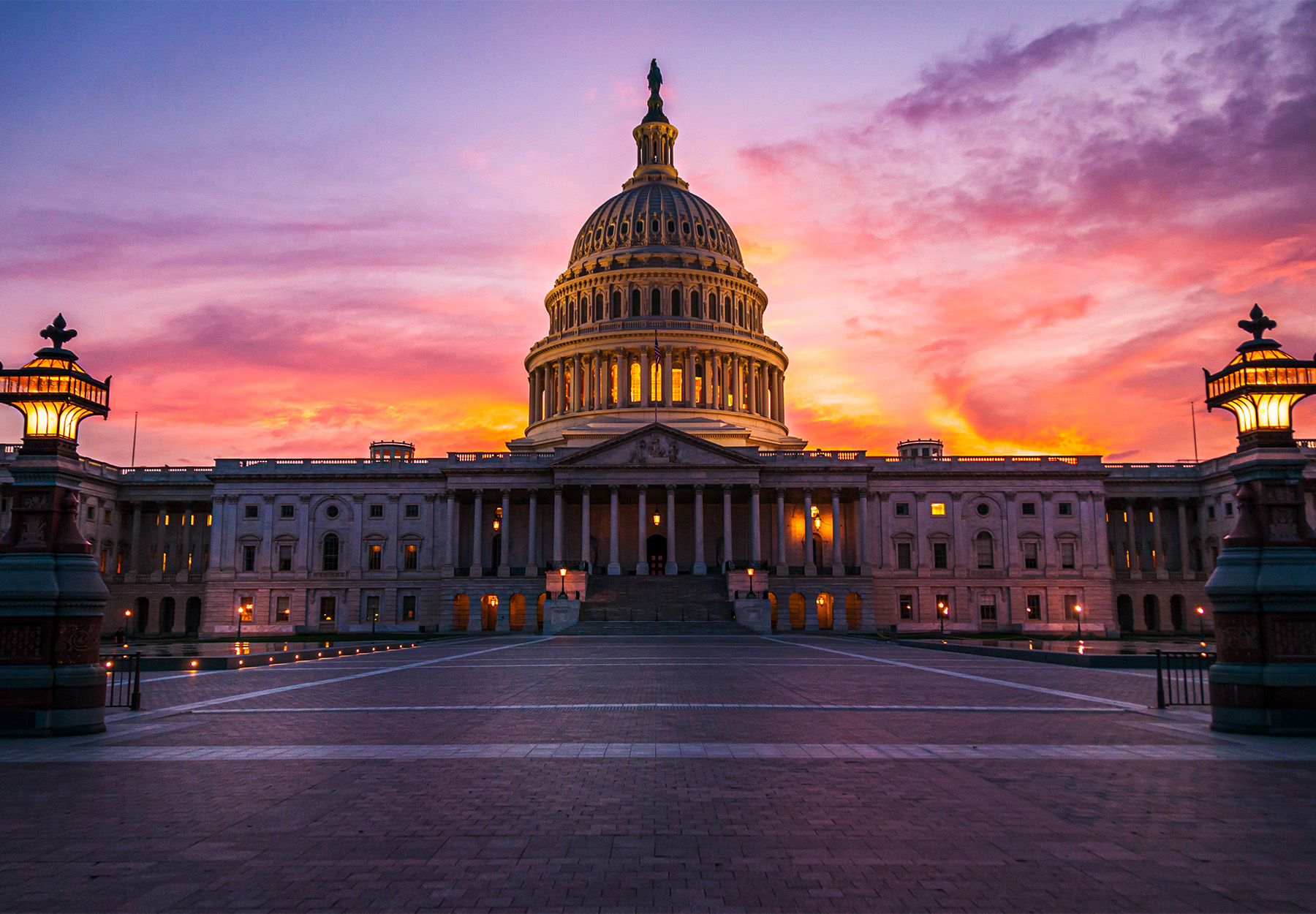Congress Acts to Delay 2022 PAMA Price Cuts at the Eleventh Hour
Dec. 2 was a disappointing day for the lab industry when Congress passed a stopgap spending bill without a provision that would have delayed the upcoming 2022 PAMA price cuts. After dodging a bullet in the previous two years, it looked like scheduled Medicare Part B reimbursement cuts for nearly 600 lab tests, including 15 percent cuts for some of the most frequently ordered clinical lab tests, were going to take effect on Dec. 31. But it turned out to have a happy ending when last-minute legislation to delay the price cuts by another year cleared the House of Representatives and Senate. The PAMA Meat Grinder The Protecting Access to Medicare Act (PAMA) mandates basing Medicare Part B Clinical Laboratory Fee Schedule (CLFS) reimbursements on actual market prices for lab tests. The lab industry has embraced the concept of market pricing; its objection is with CMS’ distorted methodology in implementing the PAMA scheme. At the center of the controversy is which labs CMS counts as “applicable laboratories” whose pricing data is used to determine the market rates for particular tests. The CMS’ overly narrow definition of “applicable laboratories” excludes hospital and community-based labs. In addition to being key components […]

The PAMA Meat Grinder
The Protecting Access to Medicare Act (PAMA) mandates basing Medicare Part B Clinical Laboratory Fee Schedule (CLFS) reimbursements on actual market prices for lab tests. The lab industry has embraced the concept of market pricing; its objection is with CMS’ distorted methodology in implementing the PAMA scheme. At the center of the controversy is which labs CMS counts as “applicable laboratories” whose pricing data is used to determine the market rates for particular tests. The CMS’ overly narrow definition of “applicable laboratories” excludes hospital and community-based labs. In addition to being key components of the lab market, these labs have the leverage to command higher rates for tests from payors. The consequence of excluding these labs and basing pricing on relatively lower-charging providers is a series of CLFS cuts that get steeper each year. The American Clinical Laboratory Association (ACLA) notes that since 2018, PAMA has resulted in three years of 10 percent annual cuts to many of the most commonly ordered clinical lab tests, including the top 25 tests furnished to seniors. These Medicare cuts have forced labs serving nursing homes, skilled nursing and long-term care facilities to significantly reduce services, stop operations or lay off staff, according to ACLA.The Recent Reprieves
The ACLA has played a leading role in seeking PAMA relief for labs, challenging the CMS’ market pricing and reporting rules in court, Congress and HHS regulators’ offices. The result has been some meaningful concessions from CMS, most notably in agreeing to include certain hospital outreach labs as “applicable laboratories” starting in 2019. The lab industry has also waged a series of delaying actions to buy time as it seeks a revision of CMS PAMA pricing rules. In 2019, labs got a break when Congress passed the Laboratory Access for Beneficiaries Act to delay the next scheduled round of draconian PAMA cuts for one year. Congress once more came to the rescue in 2020, by extending the delay for another year as part of the Coronavirus Aid, Relief, and Economic Security Act (CARES Act). Labs and their political advocates were hoping to extend relief from the impending 2022 cuts for another year.The 2022 PAMA Cuts
Before the recent stopgap spending bill vote, 28 health organizations, including the ACLA and American Hospital Association (AHA), sent a letter urging congressional leaders to further delay implementation of the “harmful” cuts for another year. The organizations contend that the reimbursement reductions would negatively impact essential lab services and limit the kinds of tests providers can offer. “PAMA cuts have had a detrimental impact on clinical laboratory infrastructure, particularly labs who serve rural and underserved communities,” according to the letter. “As supplies and labor costs continue to grow, laboratories struggle to maintain and hire essential personnel. Further cuts will continue to damage the nation's laboratory infrastructure at a time when it is needed most.” However, this time the industry’s call for relief went unheeded. The stopgap spending bill that Congress passed and the president signed doesn’t include the one-year delay in 2022 CLFS cuts the industry advocated for.The New Legislation
The stopgap spending bill wasn’t the last chance. Congress still had time to pass legislation to delay the 2022 PAMA cuts before they officially take effect on Dec. 31. And hopes for a last-minute rescue didn’t go unfounded. A number of new bills to put off proposed Medicare reimbursement cuts for hospitals, physicians and other providers rode the fast track to passage. One of these bills, the Protecting Medicare and American Farmers from Sequester Cuts Act delays PAMA CLFS price cuts by another year. The president is expected to sign the bill.Takeaway
Kudos to ACLA, AHA and its allies for buying labs another year of reprieve as it pursues its primary objective of replacing CMS’ misguided pricing scheme in favor of a system that does justice to the PAMA statute’s intent of establishing truly market-based prices for lab tests. Here’s to hoping that PAMA gets fixed in 2022 and that there’s no need for another year’s relief in 2023.Subscribe to view Essential
Start a Free Trial for immediate access to this article